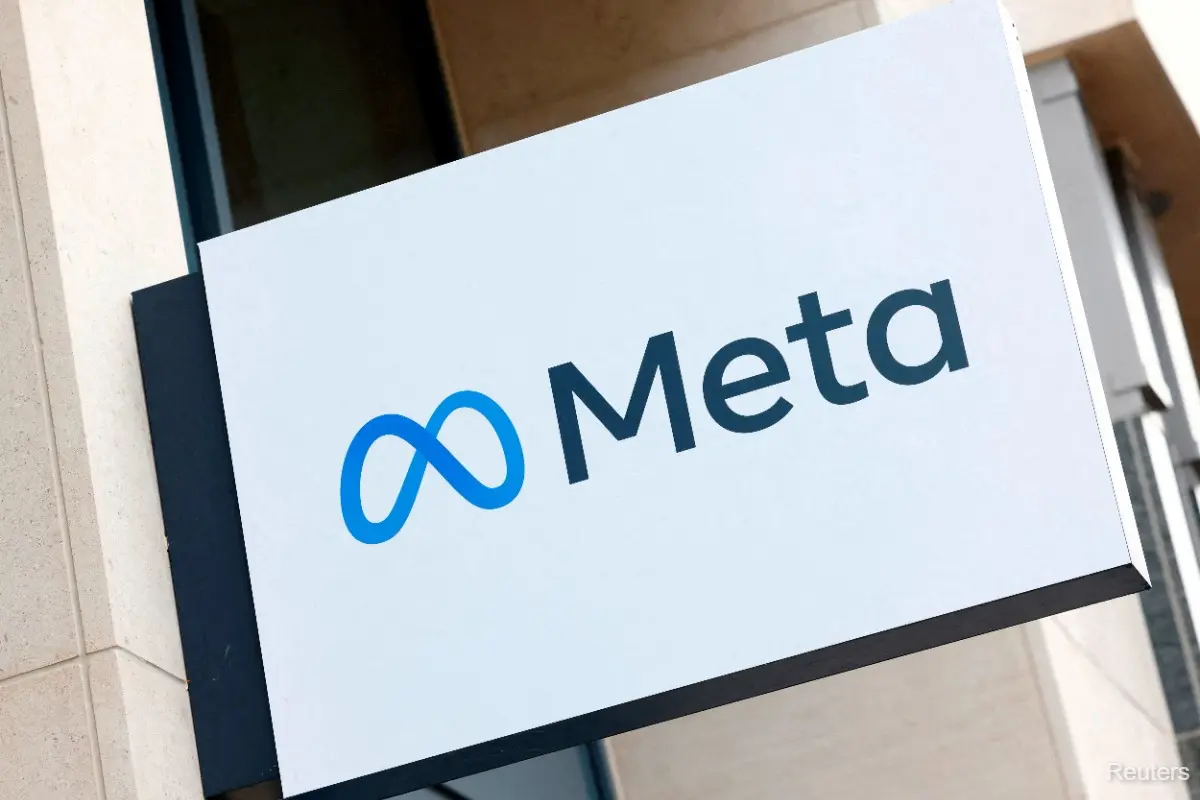World
Singapore Mandates Meta to Deploy Facial Recognition Against Scams

The Singapore government has mandated that Meta Platforms implement facial recognition measures by the end of this month to combat a surge in impersonation scams on Facebook. This directive follows escalating concerns regarding scammers using the social media platform to pose as government officials.
The Ministry of Home Affairs has indicated that failure to comply with this order could result in significant penalties for Meta, with fines reaching up to S$1 million (approximately $776,639). In addition, the company could face daily fines of up to S$100,000 for each day it remains non-compliant after the deadline. This enforcement order, issued on Wednesday, marks the first application of Singapore’s Online Criminal Harms Act, which took effect in February 2024.
Escalating Concerns Over Impersonation Scams
The recent directive follows an earlier police order in March 2024, which required Meta to take action against fake advertisements, accounts, profiles, and business pages impersonating key government office holders. The earlier order did not specify a compliance deadline, but officials noted a troubling increase in impersonation scams between June 2024 and June 2025. Scammers have exploited videos and images of government officials to create fraudulent content on Facebook, raising alarms within the ministry.
“While Meta has taken steps to address the risk of impersonation scams globally, including in Singapore, the Home Affairs Ministry and the Singapore Police Force remain concerned by the prevalence of such scams in Singapore,” the ministry stated. This proactive approach by the government underscores its commitment to holding social media platforms accountable for online criminal activities.
Implications for Meta and Future Regulations
As Meta has yet to respond to requests for comment, the company faces a critical juncture in its operations in Singapore. The enforcement of this order illustrates the government’s focus on safeguarding its citizens from online fraud and maintaining the integrity of its digital landscape.
This initiative also reflects a broader trend as governments worldwide increasingly require tech companies to take responsibility for content and interactions on their platforms. The outcome of this enforcement order could influence future regulations and policies concerning social media and online safety, both in Singapore and beyond.
As authorities intensify efforts to combat digital impersonation, the effectiveness of these measures will be closely monitored, and compliance from major tech companies like Meta will be essential in addressing the challenges posed by online scams.
-

 Entertainment3 months ago
Entertainment3 months agoAnn Ming Reflects on ITV’s ‘I Fought the Law’ Drama
-

 Entertainment4 months ago
Entertainment4 months agoKate Garraway Sells £2 Million Home Amid Financial Struggles
-

 Health3 months ago
Health3 months agoKatie Price Faces New Health Concerns After Cancer Symptoms Resurface
-

 Entertainment3 months ago
Entertainment3 months agoCoronation Street’s Carl Webster Faces Trouble with New Affairs
-

 Entertainment3 months ago
Entertainment3 months agoWhere is Tinder Swindler Simon Leviev? Latest Updates Revealed
-

 Entertainment4 months ago
Entertainment4 months agoMarkiplier Addresses AI Controversy During Livestream Response
-

 Science1 month ago
Science1 month agoBrian Cox Addresses Claims of Alien Probe in 3I/ATLAS Discovery
-

 Health4 months ago
Health4 months agoCarol Vorderman Reflects on Health Scare and Family Support
-

 World2 weeks ago
World2 weeks agoBailey Announces Heartbreaking Split from Rebecca After Reunion
-

 Entertainment4 months ago
Entertainment4 months agoKim Cattrall Posts Cryptic Message After HBO’s Sequel Cancellation
-

 Entertainment3 months ago
Entertainment3 months agoOlivia Attwood Opens Up About Fallout with Former Best Friend
-

 Entertainment2 weeks ago
Entertainment2 weeks agoCoronation Street Fans React as Todd Faces Heartbreaking Choice




















